Search
Search Results
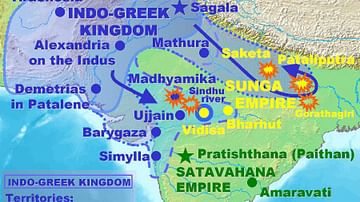
Definition
Indo-Greek
The first Indo-Greek kingdom appeared circa 190 BCE may when the Greco-Bactrian king or (general for his father) Demetrios was busy in India, when his Indian possessions were divided between several kings, probably firstly in order to better...
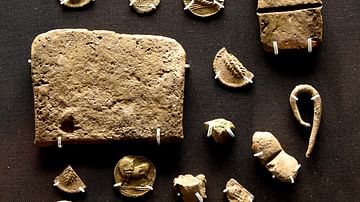
Article
Treasure Hoards in Ancient Literature
Aristophanes wrote in the 5th century BCE about coin hoards in Athens. He joked about the common saying, "No one knows but the birds where I hid my money," which led buffoons in his play to follow birds around with a shovel, hoping to excavate...
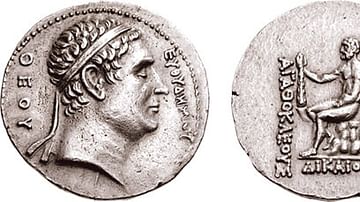
Article
Some new hypotheses on the problems of the Indo-Greek kingdoms
Warning: See the definitions of Greco-Bactrian and Indo-Greek Kingdoms before reading this article, otherwise the following lines could give you serious headaches! A lack of information is a common problem for historians of the Greco-Bactrian...

Definition
Library of Alexandria
The Library of Alexandria was established under the Ptolemaic Dynasty of Egypt (323-30 BCE) and flourished under the patronage of the early kings to become the most famous library of the ancient world, attracting scholars from around the...
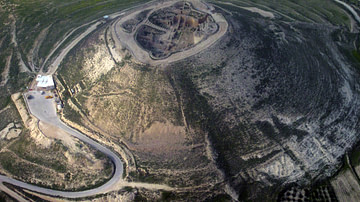
Definition
Herod the Great
Herod I, or Herod the Great (c. 75 – 4 BCE), was the king of Judea who ruled as a client of Rome. He has gained lasting infamy as the 'slaughterer of the innocents' as recounted in the New Testament's book of Mathew. Herod was, though, a...
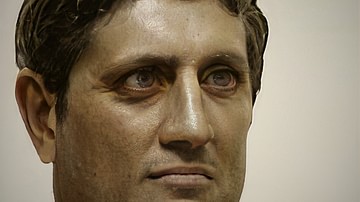
Definition
Ptolemy II Philadelphus
Ptolemy II Philadelphus ("The Sibling Loving", r. 282-246 BCE) was the second ruler of the Ptolemaic Dynasty. He consolidated the kingdom conquered by his father Ptolemy I and presided over its golden age. Ptolemy II invested heavily in Alexandria...
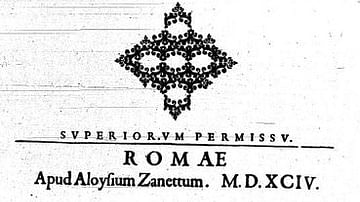
Article
The Life of Aristippus in Diogenes Laertius
Aristippus of Cyrene (l. c. 435-356 BCE) was a hedonistic Greek philosopher who taught that the meaning of life was pleasure and that the pursuit of pleasure, therefore, was the most noble path one could pursue. Along with Plato, Xenophon...